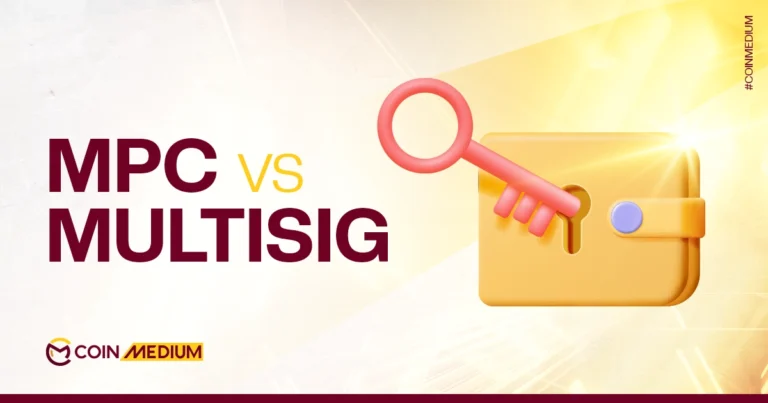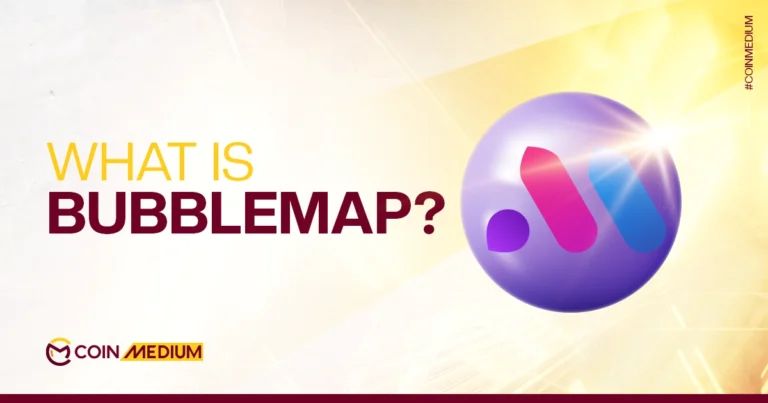Hello and welcome, let’s explore the role of NFTs beyond art into practical use. Now, when you hear of the word “NFT”, you probably imagine colorful digital artworks selling for millions. But let’s let you in on a secret. NFTs are way more than just fancy pictures on the blockchain.
In actuality, NFTs operate like digital keys that can unlock real-world value. So in this article, we’ll explore how NFTs go beyond art and how to use NFTs in real life for NFT identity projects, ticketing platforms and using NFTs for access and rights.
What is an NFT?
Before we get started, let’s understand the basics. An NFT is a Non-Fungible Token, stored on a blockchain. Now, unlike cryptocurrencies like Bitcoin, NFTs serve as a tangible representation of a fact or quality and can be of any value on a blockchain. NFTs are created through a process called “minting,” which registers them on a blockchain.
They are huge when it comes to art, but their real magic shines in utility.
Why are NFTs popular?
NFTs are popular because they provide unique digital ownership, collectible value, investment potential, and new ways to support creators.
Their verifiable scarcity, use in virtual worlds, gaming, exclusive access, and the appeal of being part of digital communities all contribute to their widespread adoption and buzz.
Imagine owning something digital that proves your ownership or gives you special perks in the real world? That’s essentially what NFT’s do.
The role of NFTs beyond art
Now let’s get down to the good stuff. If you are wondering how to use NFTs in real life, the answer is: there are multiple ways you can.
For starters, NFTs can represent ownership of physical stuff.
Imagine you’re a sneaker collector, and you buy a limited-edition pair from Nike. Along with the shoes, you get an NFT that verifies they’re authentic. So now, you never have to sit and worry if you splurged money on a fake. The NFT ensures what you bought is authentic.
NFT identity projects
In a world where online privacy is a pretty big deal, NFTs can help create decentralized identities.
Instead of relying on big companies like Google or Facebook to manage your info, you control it yourself. For example, projects like Ethereum Name Service (ENS) let you own a simple username like “yourname.eth” as an NFT.
This enables you to use your digital ID across the web including for wallets, websites, or even social media.
Imagine logging into apps without passwords? Now that’s the dream if you’re as forgetful as I am. Instead of passwords, just show your NFT!
Or consider content creators. For writers or artists, NFTs can grant rights to use their work – like licensing a photo without lawyers involved. It’s democratizing access, making it easier for everyday people to participate in exclusive worlds.
NFT ticketing platforms
Are you tired of scalpers jacking up prices for your favourite concerts? Well…. NFT ticketing platforms can fix just that.
Imagine you’re dying to see Taylor Swift live. As you know, traditional tickets are easy to fake or resell at insane markups, but NFT tickets are unique and traceable.
So essentially, you will buy an NFT ticket directly from the artist. It will be stored in your digital wallet, and it can’t be duplicated.
But wait, there’s more! NFT tickets often come with extras.
Coachella, the famous music festival, sold lifetime passes as NFTs. Owners get VIP access as long as they live. So each time you get to the venue, you just scan your phone at the gate… And boom, you’re in!
Musicians like Kings of Leon released albums as NFTs, giving buyers lifetime concert access or unreleased tracks.
These NFT ticketing platforms are not limited to music. For instance, NBA Top Shot combines NFTs with video highlights, turning tickets into memorable keepsakes.
NFTs for access and rights
These kinds of NFTs are like memberships on steroids with real life use in clubs, communities, or even real estate.
Brands like Starbucks have experimented with this too, offering NFTs tied to loyalty rewards. For example, recently American Express offered a fun way to make memories and collect NFT passport stamps to celebrate wanderlust.
For example, Bored Ape Yacht Club isn’t just art; its wonders get exclusive events, merchandise, and voting rights in the community.
Meanwhile, some projects tie NFTs to property deeds. And since NFT’s can be fractionized, you could end up owning a fraction of a vacation home.
Imagine you and your friends pooling in money for an NFT that gives shared access to a beach house? Since the blockchain handles scheduling and payments automatically, you don’t even have to suffer disputes. It’s as simple as that.
In fact, in the near future, NFTs could revolutionize voting, healthcare records, or even car ownership.
Key Takeaways
As we learned in this article, NFTs beyond art are about utility. They make life simpler, fairer, and more fun.
From proving who you are with identity projects, to snag-proof ticketing, to unlocking special rights, they’re tools for the future. Whether you’re a tech newbie or a crypto pro, grab a digital wallet and see what doors an NFT might open for you.







